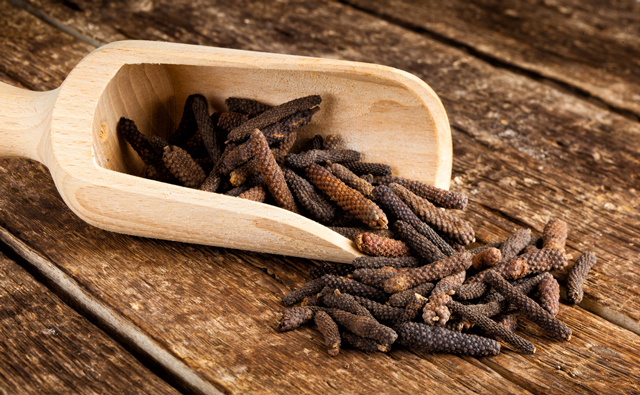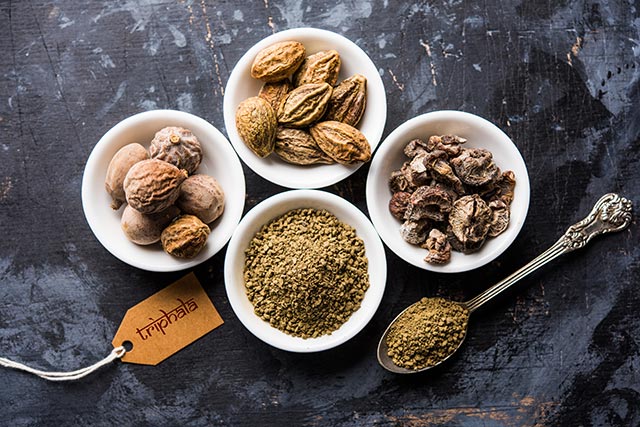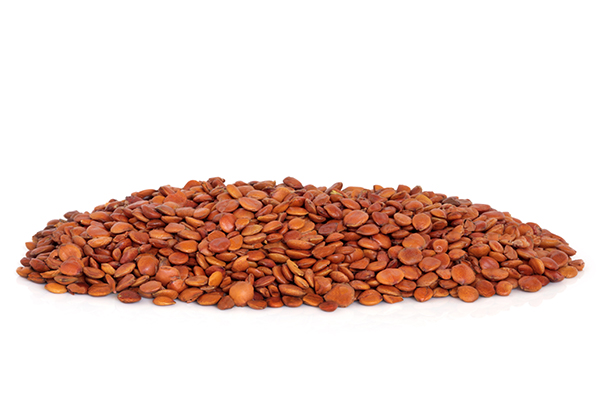The therapeutic effects of ginseng against Alzheimer’s disease
10/14/2020 / By Evangelyn Rodriguez

Panax ginseng, commonly known as Asian ginseng or Korean ginseng, is one of the most widely used and extensively studied species of ginseng. Sometimes referred to as the “true ginseng,” Asian ginseng has been a staple herb in Traditional Chinese Medicine (TCM) and is still used today to boost immunity, increase strength and blood volume, lower blood sugar, promote life and appetite and treat anemia and impotence.
In a recent study, American and Chinese researchers screened, identified and evaluated the bioactive compounds present in Asian ginseng. Specifically, they looked at the herb’s neuroprotective effects, which have been reported by numerous studies but remain poorly understood. The researchers reported their findings in an article published in The American Journal of Chinese Medicine.
Asian ginseng shows promise against Alzheimer’s disease
According to cell culture and animal studies, Asian ginseng exerts neuroprotective effects, but the specific bioactive compounds responsible for these effects and the mechanisms behind them still need to be investigated.
To screen, identify and evaluate the bioactive compounds present in this TCM herb, the researchers used affinity ultrafiltration (AUF), a combination of liquid chromatography and mass spectrometry (UPLC-QTOF-MS) and molecular docking for their experiment.
AUF is a method often used to fish out molecules of interest from complex matrices. UPLC-QTOF-MS, on the other hand, is used to characterize and identify phytochemicals present in plant extracts. Molecular docking is a method frequently used to predict the three-dimensional structure and binding-conformation of ligands to their receptors.
The researchers selected three macromolecules, namely, acetylcholinesterase (AChE), monoamine oxidase B (MAO-B) and the N-methyl-D-aspartate (NMDA) receptor, to be the target proteins for AUF-MS screening and found 16 potential neuroactive compounds present in Asian ginseng.
AChE is the enzyme responsible for breaking down the neurotransmitter acetylcholine and is mainly found in muscles and nerves. MAO-B, on the other hand, is the enzyme that breaks down brain chemicals, including the neurotransmitter dopamine. Meanwhile, the NMDA receptor is the protein to which the primary excitatory neurotransmitter in the human brain, glutamate, binds to. NMDA receptor dysfunction is linked to the onset of Alzheimer’s disease.
Upon evaluation of the bioactivities of Asian ginseng components by AChE-inhibitory test and DPPH (antioxidant activity) assay, the researchers found that all of them have significant neuroactivity. Molecular docking results also confirmed the AUF results, save for a few discrepancies.
Based on their findings, the researchers concluded that Asian ginseng exerts a therapeutic effect against Alzheimer’s disease through the interactions between its active components and its biological targets (molecules and pathways).
Reported effects of Asian ginseng on the mind and brain
The main active components of Asian ginseng are triterpene saponins called ginsenosides. The majority of research on Asian ginseng attributes the herb’s medicinal properties to these compounds. Ginsenosides are said to have antioxidant, anti-inflammatory and anti-tumor activities, as well as the ability to inhibit cell suicide (apoptosis). Ginsenosides are also considered potent neuroprotective agents.
According to a study involving 112 healthy volunteers all more than 40 years of age, supplementation with a ginseng product called Gerimax for eight weeks resulted in certain brain benefits. Besides having better and faster simple reactions after the trial period, the volunteers also enjoyed improvements in abstract thinking.
Daily supplementation with ginseng can also lead to improvements in certain psychomotor functions. Two small studies involving 30 young and healthy volunteers each reported that those who took ginseng for eight weeks had better attention, processing and auditory reaction time afterward. Ginseng also improved the volunteers’ social functioning and mental health.
In a randomized controlled trial, 384 postmenopausal women took either a placebo or ginseng for 16 weeks. Those who supplemented with ginseng showed improvements in three subsets of a Psychological General Well-Being index, a measure of subjective psychological well-being. In another study, healthy volunteers also reported improvements in cognitive performance, secondary memory performance, speed of performing memory tasks and accuracy of attentional tasks after taking ginseng daily.
Asian ginseng is a powerful medicinal herb with a variety of medicinal uses. Besides promoting longevity, Asian ginseng can also boost brain health and cognitive performance, as well as protect against Alzheimer’s disease. The herb is now sold as a dietary supplement in various forms like tea, tincture or powdered root, the latter being the most common and the most widely used for research purposes. For more articles on ginseng, visit ChineseMedicine.news.
Sources include:
Tagged Under: alternative medicine, Alzheimer's disease, Asian ginseng, brain health, Chinese medicine, cognitive function, cognitive health, disease treatments, herbal medicine, Herbs, natural cures, natural medicine, Panax ginseng, phytonutrients, research, supplements
RECENT NEWS & ARTICLES
Herbs.News is a fact-based public education website published by Herbs News Features, LLC.
All content copyright © 2018 by Herbs News Features, LLC.
Contact Us with Tips or Corrections
All trademarks, registered trademarks and servicemarks mentioned on this site are the property of their respective owners.



















